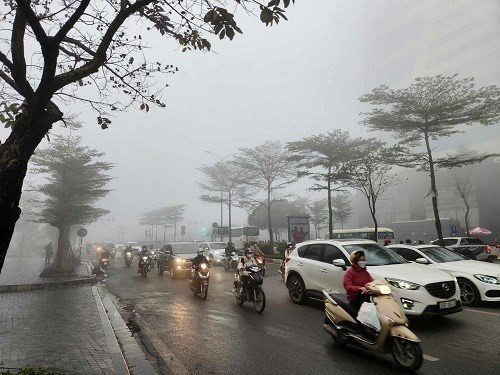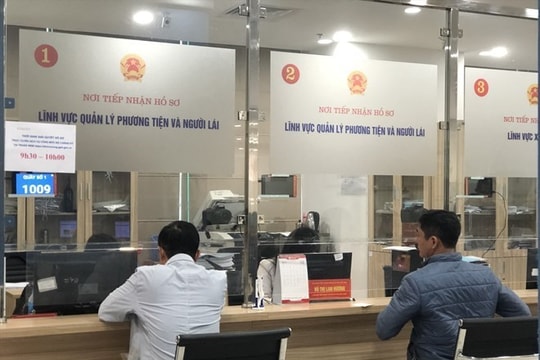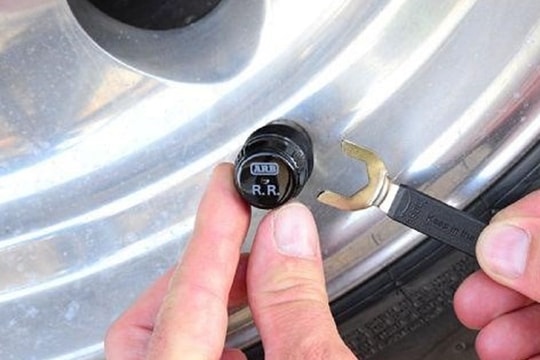Notes for safe driving when visibility is limited
Fog, smoke, and dust limit visibility and pose a danger to drivers. Driving in low visibility conditions can lead to serious consequences, such as accidents and injuries. Therefore, drivers should keep in mind the following to drive safely in situations of reduced visibility.

Weather updates
Whenever you travel far away, especially to a cold climate, always remember to update information about fog, rain, storms... on the road before deciding to go. When you check the weather conditions in advance, you will have an objective assessment and can prepare more carefully for this trip to have a safe trip.
Keep a safe distance from the vehicle in front and behind.
When driving in low visibility conditions, maintain a safe distance from the vehicle in front and behind to allow enough time to react and avoid a collision. Note that the safe distance should be greater than when driving in normal conditions to ensure time to handle possible situations.
Glass drying
Before driving, make sure your front and rear windows are properly defrosted to increase visibility and avoid fogging due to external factors. Use the defroster and turn the fan on high to remove moisture and mist from the windows, which will help you have better visibility and reduce the risk of accidents.
Use fog lights
Turn on your fog lights before driving in low visibility conditions to increase your ability to see and be seen by other vehicles.
Turn on low beam lights
Use low beam mode to reduce reflected light and increase visibility, reducing bulb light and increasing your and other road users' visibility.
Stay in the right lane
Always drive and stay in your lane to avoid causing accidents or causing disruption to other vehicles, obey traffic signs and lane systems.
Be careful of animals and obstacles.
Be careful when driving through areas where unexpected animals or obstacles may appear. Poor visibility can make it difficult to see obstacles, so drivers should reduce speed and increase alertness to avoid unexpected collisions that could cause accidents.
Be careful with slippery roads and unfamiliar roads.
Fog can make the road surface wet and slippery, smoke and dust can make it difficult for drivers to see clearly. Drive at an appropriate speed and carefully to avoid losing control and accidents due to unfamiliar roads.
Stop when you feel unsafe
If visibility is too low or conditions become hazardous, find a safe place to stop until conditions improve. Do not continue driving if you feel unsafe, this ensures the safety of you and other vehicles on the road that experienced drivers always follow.
Check the engine carefully before the trip
In cold weather, engine oil can easily solidify and reduce the engine's lubricating ability, so it is necessary to choose quality, suitable engine oil and check it carefully for long trips to make the road safer.




